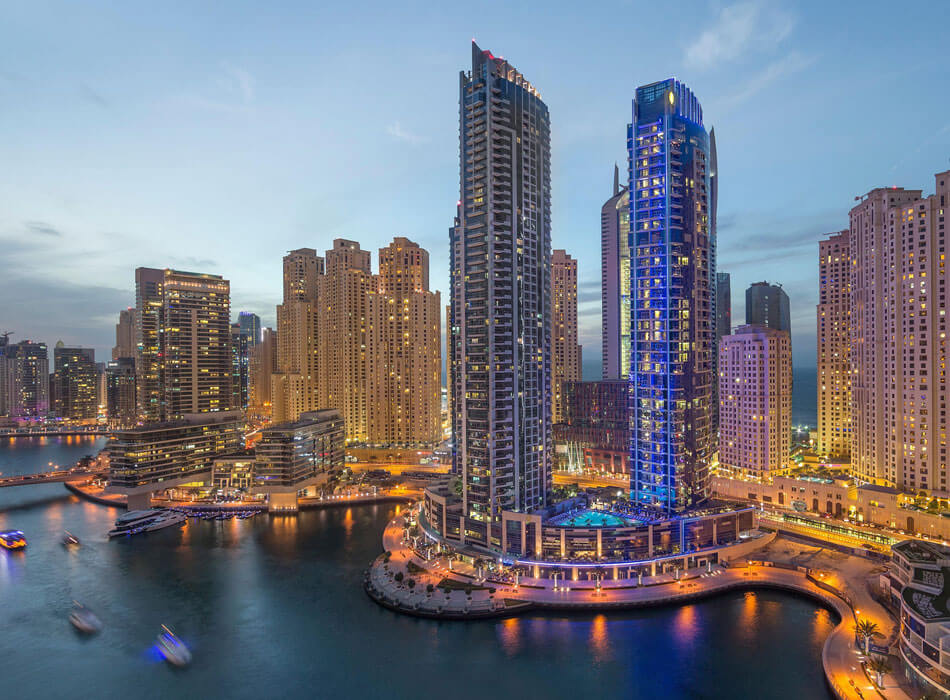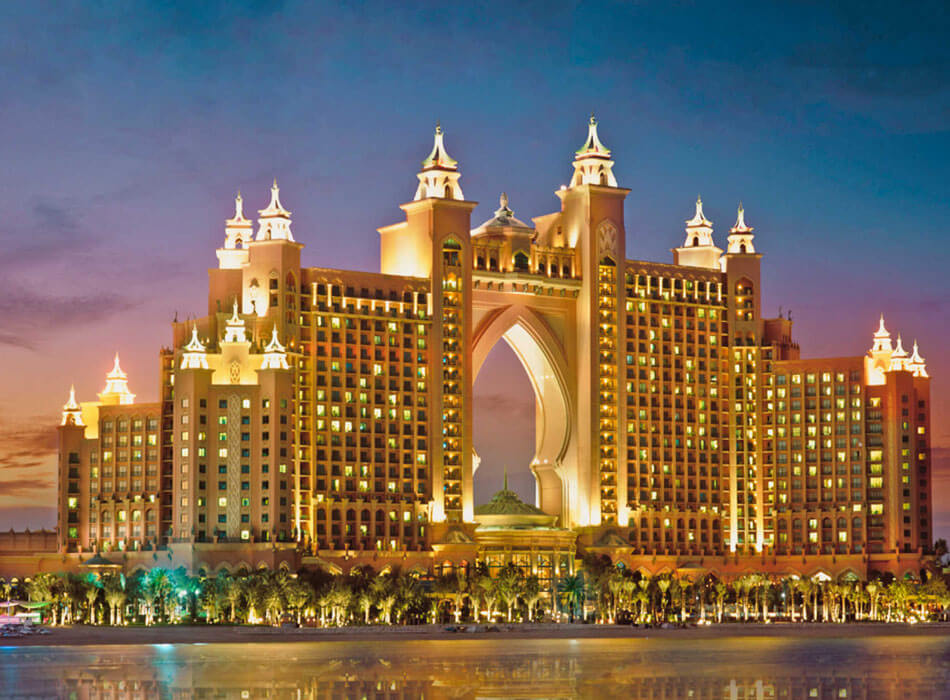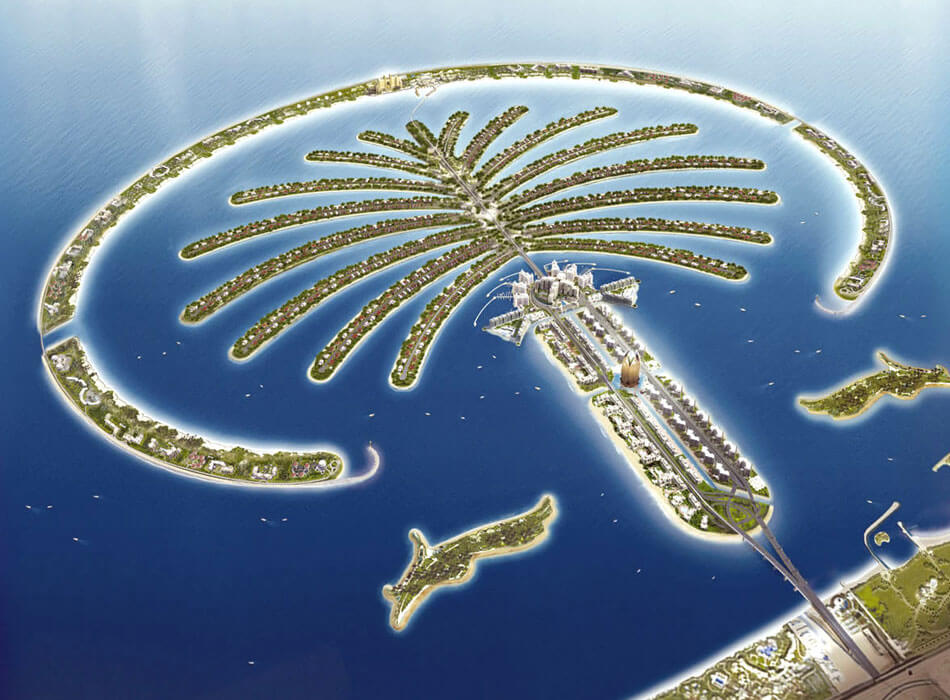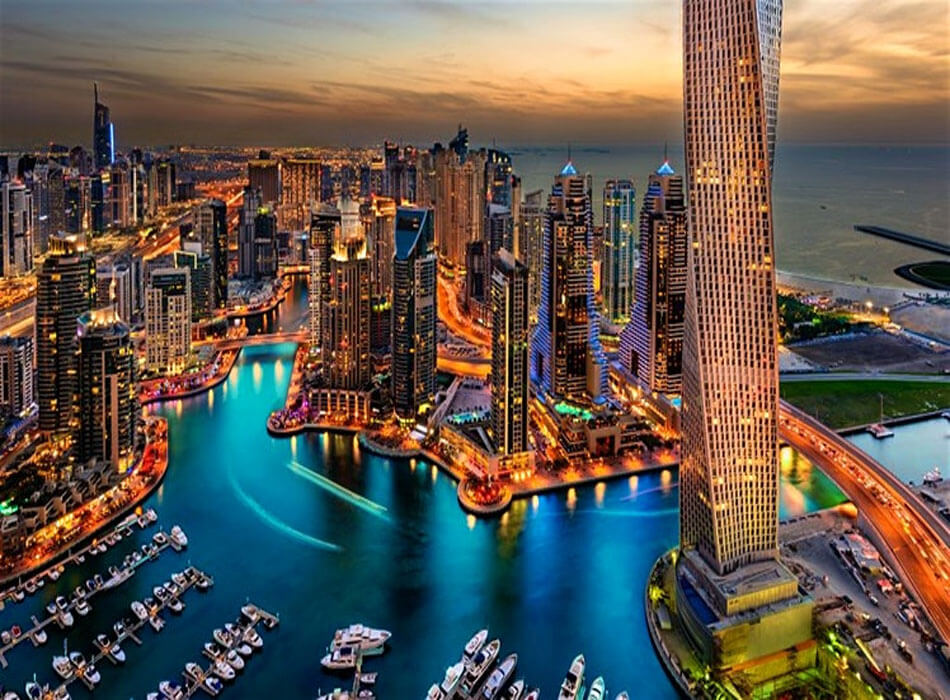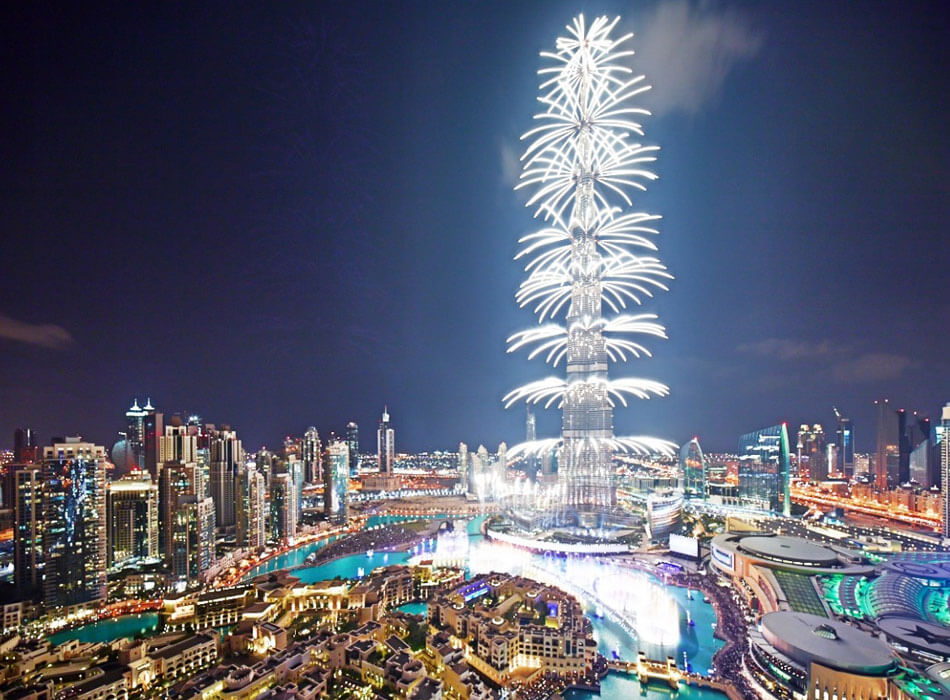About Dubai
Dubai, with a zone of 3,885 square kilometers, is the second biggest emirate in the UAE. Dubai is situated on the Eastern shore of the Arabian Peninsula, in the south west corner of the Arabian Gulf. It is to a great degree surely understood for its warm accommodation and rich social legacy, and the Emirati individuals are inviting and liberal in their way to deal with guests. With year-round daylight, charming deserts, delightful shorelines, extravagant inns and shopping centers, intriguing legacy attractions and a flourishing business group, Dubai gets a huge number of relaxation and business guests every year from around the globe.
The nearby money is the dirham, which is pegged at AED 3.67 to 1 US dollar. Dubai is tolerant and cosmopolitan and all guests are welcome. In any case, Islam is a lifestyle in the city, and in this way visitors ought to receive a specific level of social and religious affectability for the length of their remain.
Toward the east, a scope of mountains lies near the Gulf of Oman and structures a spine through the Mussandam Peninsula. The western inside of the nation, its majority in Abu Dhabi, comprises primarily of betray mixed with desert spring.
ECONOMY
Dubai has changed drastically finished the most recent three decades, turning into a noteworthy business focus with a more unique and broadened economy. Dubai appreciates a key area and fills in as the greatest re-trading focus in the Middle East.
Its low strategic and operational expenses and astounding framework, worldwide viewpoint and liberal government approaches are pulling in financial specialists bigly. Exercises, for example, exchange, transport, tourism, industry and back have indicated enduring development and helped the economy to accomplish a high level of extension and broadening.
Culture and Heritage:
Kindness and cordiality are among the most exceptionally prized of excellencies in the Arab world, and guests will be enchanted by the glow and neighborliness of the general population. Dubai 's culture is established in Islam, giving a quality and motivation that touches all parts of regular daily existence. For all intents and purposes each area has its own particular mosque, where the unwavering gather for supplication five times each day. One of the biggest and most excellent mosques is Jumeirah Mosque-a fantastic case of present day Islamic design.
Nearby laws and behavior
Islam is an essential part of UAE day by day life, even in Westernized Dubai. Emiratis hold fast to Islamic sets of accepted rules, following the Five Pillars of Islam (ie, announcing there is no God however Allah, asking five times each day, giving to philanthropy, fasting, and making the journey to Mecca at any rate unique).
Dress humbly: ladies should wear skirts to the knees or more, finish with sleeves, and nothing too tight or uncovering; men should wear pants/pants and finish with sleeves.
Try not to show friendship with the contrary sex out in the open, particularly amid Ramadan when it's taboo (alongside eating and drinking in broad daylight amid light hours); and don't share an inn stay with somebody of the contrary sex you're not wedded to, unless it's a parent or youngster. Both can arrive you in prison.
It is illegal to drink out in the open, or to be inebriated in broad daylight; so dependably take a taxi straightforwardly to the lodging in the wake of clubbing or drinking at a bar. Liquor is accessible in inn and club eateries and bars; eateries outside lodgings are not permitted to serve mixed refreshments. Never shake hands with an Emirati lady unless she offers her hand to begin with, and don't photo ladies without authorization.
The end of the week in Dubai/UAE is Friday and Saturday. The vast majority have Friday (petition day) off, which feels like Sunday in the UK, while a few people work a half or entire day on Saturday. Opening "timings" are constantly settled to business entryways/windows. Stores, for example, Carrefour and Spinneys tend to open 8am-10pm day by day, in spite of the fact that circumstances can change between branches, while shopping centers open 10am-10pm every day. Littler rural shopping centers, free shops and souq slows down close from around 1pm to 4pm/5pm and don't open until 4pm/5pm on Fridays (day of love).
Atmosphere
Dubai is hot and sweltering the vast majority of the year. Best time to visit is November-March, when temperatures are direct – however in the previous couple of years, January, once thought about the ideal month to visit, has been cloudy and stormy.
In case you're setting out here toward sun, ocean and sand, spring and fall are perfect, when you can bronze your body by day and chill off after dim noticeable all around molded eateries, bars and shopping centers.
Top Attraction in Dubai:-
Spellbinding Contrasts
From the ageless peacefulness of the abandon to the energetic clamor of the souk, Dubai offers a kaleidoscope of attractions for guests.
The emirate grasps a wide assortment of landscape in a little territory. In a solitary day, the traveler can encounter everything from rough mountains and sensational sand rises to sandy shorelines and lavish green parks, from dusty towns to extravagant private regions and from old houses with twist towers to ultra-current shopping centers.
The emirate is both a dynamic global business focus and a laid-back visitor get away from; a city where the complexity of the 21st century strolls as an inseparable unit with the effortlessness of a former period. Yet, these complexities give Dubai its remarkable flavor and identity; a cosmopolitan culture with a universal way of life, yet with a culture profoundly established in the Islamic customs of Arabia.
Dubai City
Having extended along the two banks of the Creek, Dubai's focal business locale is partitioned into two sections — Deira on the northern side and Bur Dubai toward the south — associated by a passage and two extensions. Every ha its offer of fine mosques and occupied souks, of open structures, shopping centers, lodgings, office towers, banks, healing facilities, schools, condos and manors.
Outside this center, the city stretches out to the neighboring emirate of Sharjah toward the north, while expanding south and west in a long lace of improvement close by the Gulf, through the areas of Satwa, Jumeirah and Umm Suqeim to new Dubai.
The Creek
The Creek, a characteristic ocean water delta which slices through the focal point of the city, is the noteworthy point of convergence of life in Dubai. A walk around its banks brings out the city's hundreds of years old exchanging conventions.
Guests will be enthralled by the shading and clamor of the stacking and emptying of dhows which still employ old exchange courses to places as far off as India and East Africa. An appealing method to see the Creek and the dhows is from an abra, one of the little water taxis which jumble the Creek from the souks of Deira to those on the Bur Dubai side.
Boatmen will likewise take guests on an entrancing hour-long excursion from the abra embarkation focuses to the mouth of the Creek and inland to the Maktoum Bridge, passing in transit a significant number of the city's noteworthy and present day points of interest.
Archeological Sites
There are three primary unearthing locales in Dubai, at Al Ghusais, Al Sufooh and Jumeirah. The initial two are memorial parks going back over 2,000 years. The Jumeirah site uncovers ancient rarities from the seventh to fifteenth hundreds of years. Despite the fact that not yet open to the general population, voyagers or visit administrators may get an allow from Dubai Museum to visit the burrows.
Bastakiya
The old Bastakiya locale with its limited paths and tall breeze towers gives a tempting look at old Dubai. Quickly toward the east of Al Fahidi Fort is the biggest centralization of customary yard houses with wind towers. Before, the city was renowned for a mass of wind towers which lined the Creek on either side. These were not simply enlivening; they were the main methods for cooling houses in the prior days mains power. The Bastakiya region has turned into a little 'visitor town' with a historical center, a social focus, eateries and a craftsmanship exhibition.
Sheik Saeed's House
Dating from the late 1800s, Sheik Saeed's House was worked in an instructing position close to the ocean so the Ruler could watch shipping action from its galleries. With its breeze towers and layers of rooms worked around a focal yard, it is a fine case of territorial design.
Jumeirah Mosque
The city has numerous fine mosques. One of the biggest and most lovely — Jumeirah Mosque — is a fabulous case of present day Islamic design. Worked of stone in medieval Fatimid custom, the mosque with its twin minarets and lofty vault is a city point of interest. It is especially alluring during the evening when unpretentious lighting tosses its imaginativeness into alleviation. The expound Jumeirah Mosque is Dubai's most respected mosque all things considered and one of Dubai's most captured sights.
Amazing Mosque
Arranged on the Bur Dubai side of the Creek close to the Ruler's Court, Grand Mosque was re-worked in 1998 and now has, at 70 meters, the city's tallest minaret. It has 45 little arches notwithstanding nine substantial ones gloating recolored glass boards, making it a recognized point of interest and imperative place of love.
Burj Nahar
Worked around 1870 the Nahar tower was one in line of resistances toward the east and north of the city. One of three watchtowers guarding the old city, the reestablished Burj Nahar in its beautiful gardens in Deira is mainstream with picture takers.
Snare Al Wakeel
Worked in 1934 by the late Sheik Rashid, Bait Al Wakeel was Dubai's first office building. At the edge of the Creek close to the abra finding, the building has been totally reestablished and now houses an exhibition hall gave to Dubai's angling and oceanic conventions.
Best Time to Visit Dubai:
The best time to visit Dubai is during the winter months, from November to April. January and February see heavy tourist traffic because of the Dubai Shopping Festival, which makes the city come alive. Here’s a monthly breakup of Dubai’s climatic conditions so you can plan when to go:
November to March : Dubai winters are from November to April and this is the best time to visit Dubai. The weather is pleasant and suited for all kinds of outdoor activities. What’s more, the much loved Dubai Shopping Festival is held during Jaunary-February and that is when you will see Dubai actually crowded. Since this is the peak season, hotel rates and airfares tend to go really high. Book well in advance to get the best rates possible and avoid any inconvenience.
April to October : The temperatures begin to rise by April and May and during peak summers, even start hitting the late forties. Summer months in Dubai are really, really hot and humid, making it almost impossible to explore the outdoors. However, all malls/stores are air-conditioned and you can indulge in as much retail therapy as you would like.

